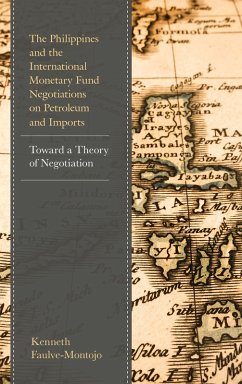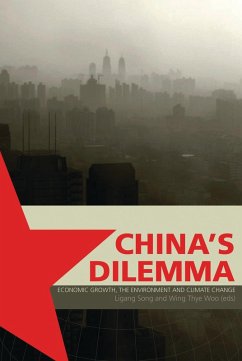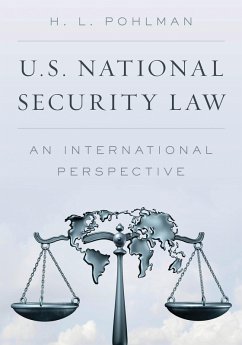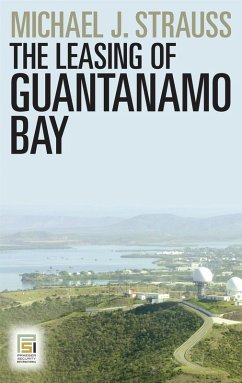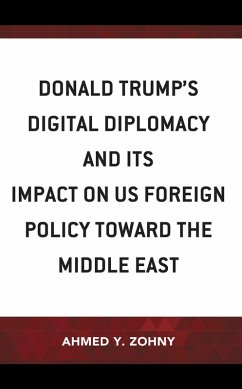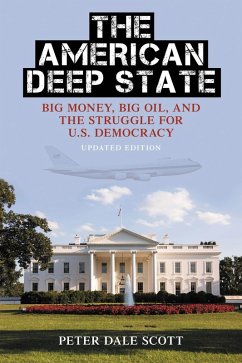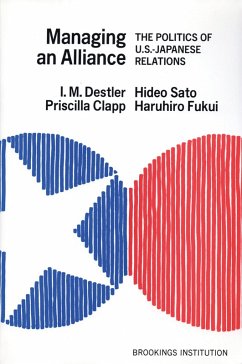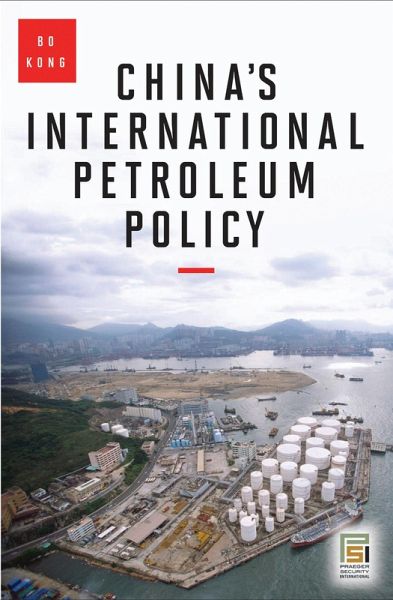
China's International Petroleum Policy (eBook, PDF)
Versandkostenfrei!
Sofort per Download lieferbar
33,95 €
inkl. MwSt.
Weitere Ausgaben:

PAYBACK Punkte
17 °P sammeln!
Author Bo Kong reveals how China's international petroleum policy is shaped by the cogovernance of the country's petroleum sector by its government and national oil companies, whose interests are at cross purposes with each other. This exhaustive treatment of China's international petroleum policy examines the cogovernance of China's petroleum sector by its government and national oil companies, as they work at loggerheads with each other to shape such key policies as overseas investment, domestic price caps, and import controls in the face their country's exploding demand for foreign oil. Imp...
Author Bo Kong reveals how China's international petroleum policy is shaped by the cogovernance of the country's petroleum sector by its government and national oil companies, whose interests are at cross purposes with each other. This exhaustive treatment of China's international petroleum policy examines the cogovernance of China's petroleum sector by its government and national oil companies, as they work at loggerheads with each other to shape such key policies as overseas investment, domestic price caps, and import controls in the face their country's exploding demand for foreign oil. Imported oil already accounts half of China's total consumption and is forecast to increase to 80 percent by 2030. China's International Petroleum Policy focuses on six major issues: the evolution of China's petroleum governance regime, the making of China's international petroleum policy, the international expansion of China's national oil companies, the challenges confronting Chinese oil companies on the international petroleum chessboard, Beijing's petroleum diplomacy, and the implications of China's international petroleum policy. Each chapter describes the historical and institutional context of a particular issue, the key players, and the structures and processes through which policy is developed and implemented.




